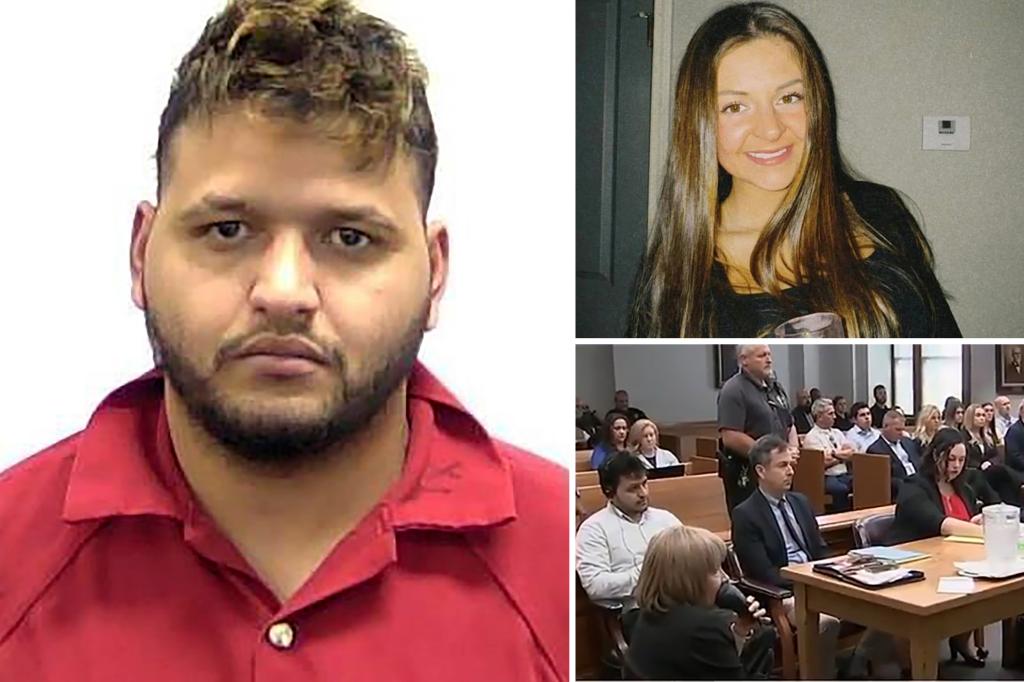Prosecutors in the Laken Riley case are facing opposition from the murder suspect, Jose Ibarra, who has plead not guilty to 10 counts related to the murder of Riley, a nursing student at the University of Georgia. Ibarra requested a hearing to suppress evidence, claiming it was unlawfully obtained by police when they entered his apartment without a search warrant. The requested evidence includes cell phones, a cheek swab, and social media accounts.
In response, prosecutors argued they had valid reasons to enter Ibarra’s property, citing two videos that matched his description. The first video allegedly showed Ibarra peeping through a window of an on-campus apartment on the day Riley was murdered. The second video was taken near Ibarra’s Athens apartment complex and depicted a Latino male disposing of a bloody jacket and gloves shortly after Riley’s murder, less than half a mile from her body.
After the footage was obtained, an Athens-Clarke County Sheriff’s Office sergeant reportedly encountered a man near the apartment complex wearing a hat similar to the one seen in the Dumpster video. The man identified himself as Jose Ibarra’s brother, Diego, and was detained until another officer who spoke Spanish arrived on the scene. This encounter led authorities to believe there was probable cause that evidence related to Riley’s murder could be inside the apartment the Ibarra brothers shared.
Prosecutors argued against Ibarra’s request to exclude testimony from a witness involved in DNA testing during Riley’s autopsy. They claimed that the DNA evidence found on Riley’s fingernails, discarded bloody gloves, a black Adidas baseball cap, and a blue jacket would aid the jury in determining Ibarra’s guilt or innocence. Additionally, Ibarra was allegedly identified via a thumbprint left on Riley’s cell phone, further linking him to the crime.
The prosecution contended that law enforcement could not afford to wait for a search warrant, as there was fear of additional destruction of evidence related to Riley’s murder. They believed quick action was necessary to secure the apartment to prevent further tampering with potential evidence. Prosecutors argued against requiring officers to remain outside the apartment while unknown parties inside could continue to destroy evidence, stating that it would defy common sense and be unreasonable.
Ultimately, the videos depicting Ibarra’s suspicious behavior, along with the discovery of a similar hat worn by his brother near the scene, played a significant role in the prosecution’s case against Ibarra. The evidence obtained from the videos, DNA testing, and thumbprint linked Ibarra to the crime scene and Riley’s murder, furthering the case against him. The prosecution was adamant in its defense of the methods used by law enforcement to gather evidence, highlighting the urgency in securing potential evidence linked to the murder of Laken Riley.


